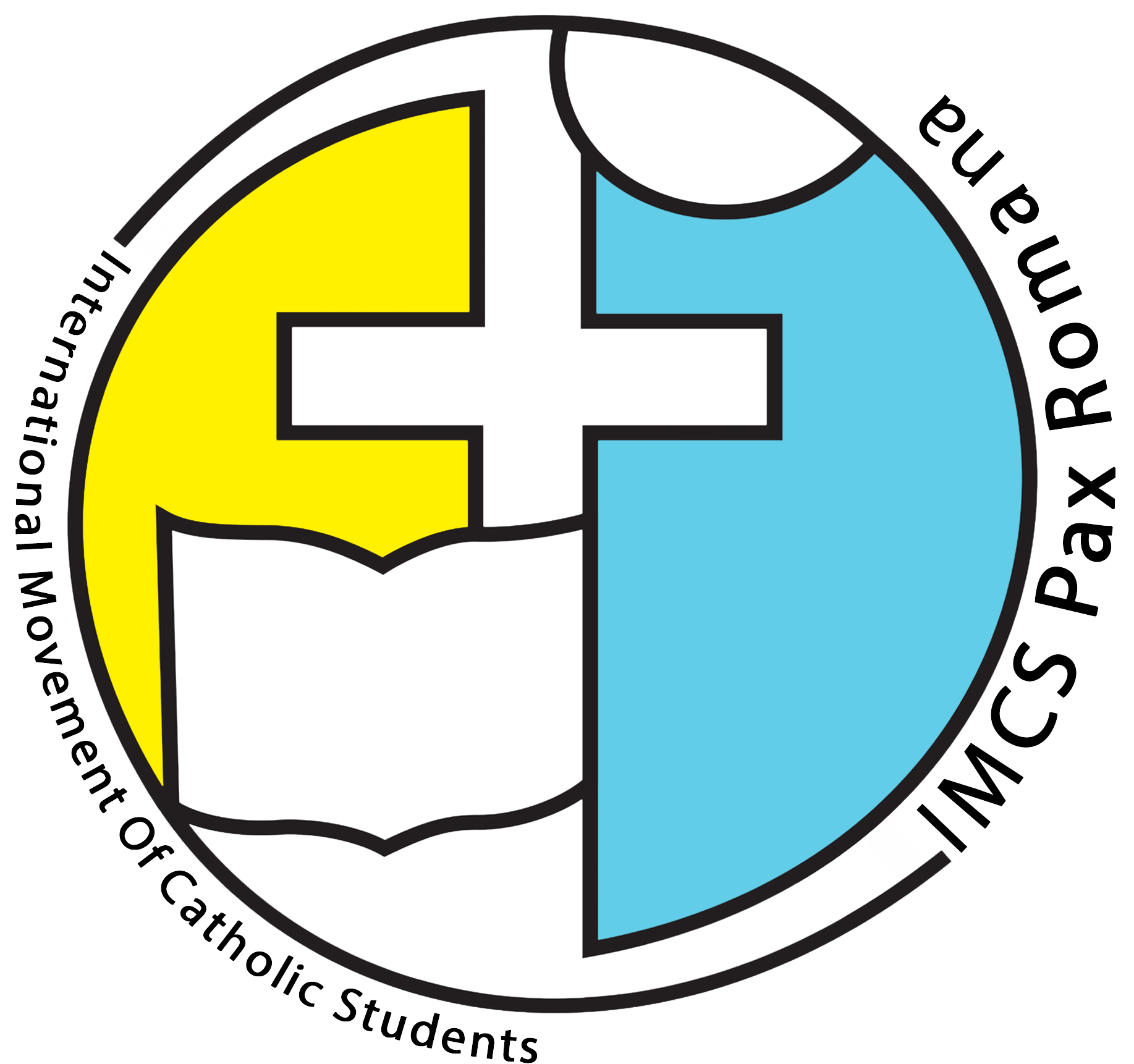Today’s world speaks of unity in diversity. Whatever you talk of – whether it is religion or economics or politics or culture or ideology, it is the people that come first. The history always starts to narrate from the time when a land or a people came into being. For proper justification of a story, we need to go back to the roots – when the land first emerged and who first began to live in that landscape. That is why it is important to know and honour our indigenous/aboriginal people. They are the people who walked on this land first.
In reality, we not only neglect our aboriginal brothers and sisters, we ill-treat them. They are very much marginalised and left out of mainstream population. They are even denied of their ethnic individuality, languages and land handed down to them by their ancestors. It’s been a matter of great embarrassment for a sane person that when across the globe everybody is focusing on fundamental rights of people, we are depriving our aboriginal brothers and sisters of their fundamental rights.

It is encouraging that, the International Organizations as well as the National/International Movements have been vocal about the rights & heritages of the Indigenous Communities and establish justice & peace for them. The Declaration by the United Nations (UN) in 1992 on the ‘Rights of Persons Belonging to National or Ethnic, Religious and Linguistic Minorities’ ensures – taking legislative measures by the states to protect the ethnic rights and cultures of the minority groups (Art:1.2); enjoying rights to practice own culture, religion, language by the ethnic communities whether in private or public(Art:2.1) and having equality before Law(Art:4.2). The UN Declaration on the Rights of Indigenous peoples (UNDRIP) of 2007, establishes minimum dignity, standard of living, protection of intellectual property, rights on customary lands, education, protection of the heritages and development of the literature of the world’s Indigenous people; which almost covers all the aspects of life. Movements like IMCS is also working towards the establishment of the rights of the Indigenous communities (celebrating their festivities, supporting them to voice their rights through campaigns, protesting against discriminations, injustice and violence by forming human chains and holding high placards on the streets).
Since the independence in 1971 till now, over 50 ethnic minority communities being recognized by the UN are residing in Bangladesh. Their rich historical presence is mostly seen in the Chittagong Hill-tracts, Rangamati, Sylhet and Mymensingh etc areas. The Constitution of the People’s Republic of Bangladesh ensures equality before law and equal protection of all the citizens(Art:27). It also ensures no discrimination on the ground of religion, race, caste and sex(Art:28). In solidarity with the UN Declarations, the Constitution establishes the conservation of the tradition and heritages contributed by all the people of the country(Art:23). However, the Constitution states that, all the Citizens should be known as ‘Bengalis’ (Art:62) which stands as a hindrance to giving recognition to the Indigenous People as ‘Indigenous Individuals.’
Lands are the identity and main source of living for the Adivasis (aboriginals). Yet there is no specific laws enforced ensuring the legal rights of the Adivasis over their inherited lands from their ancestors. As a result, land grabbing by the feudal Lords, building recreation/energy projects/Parks on the lands of the Adivasis have become common phenomenon. Some of these ethnic groups are coming in touch with the cities, so much so that they are forgetting their languages and cultural practices. This is because, the people knowing the state language and culture are privileged to getting employment, education and acceptance among others. Now, more than 14 Indigenous communities are on the verge of extinction. Although the constitution ensures equality before law, the ethnic and minority communities are seen to suffer from inequality & discrimination and are deprived of their social & legal rights.
As the United Nations have rightfully included in the SDG goals, ‘Leave no one behind’, likewise, we, residing in a common home i.e. the earth should respect and uphold each other’s rights. Our government has already taken initiatives towards that end. As such the people of the country are hopeful of favourable outcomes. The Indigenous communities of our country have been gifted with some great & successful leaders and social activists. We believe that given proper respect and opportunities, they can make significant contribution towards the development and growth of the country.
Let the world own the Indigenous & let all of us live together in solidarity, equality, justice & peace
Maria Grace Sarkar | BCSM
#indigenouspeoplesday #imcsapcampaign #augustcampaign #leavenoonebehind #indigenouspeoplesday2021 #imcspaxromana #imcsasiapacific #paxromana
Share This:

IMCS Asia Pacific
The International Movement of Catholic Students (IMCS) Asia Pacific is a dynamic regional organization dedicated to empowering young Catholics to actively engage in social justice, human rights, and sustainable development. Through education, advocacy, and collaboration, IMCS aims to nurture leadership, build solidarity, and inspire students to be agents of change within their communities and beyond.
@2020 - IMCS AP - All Rights Reserved.

Leave a Reply